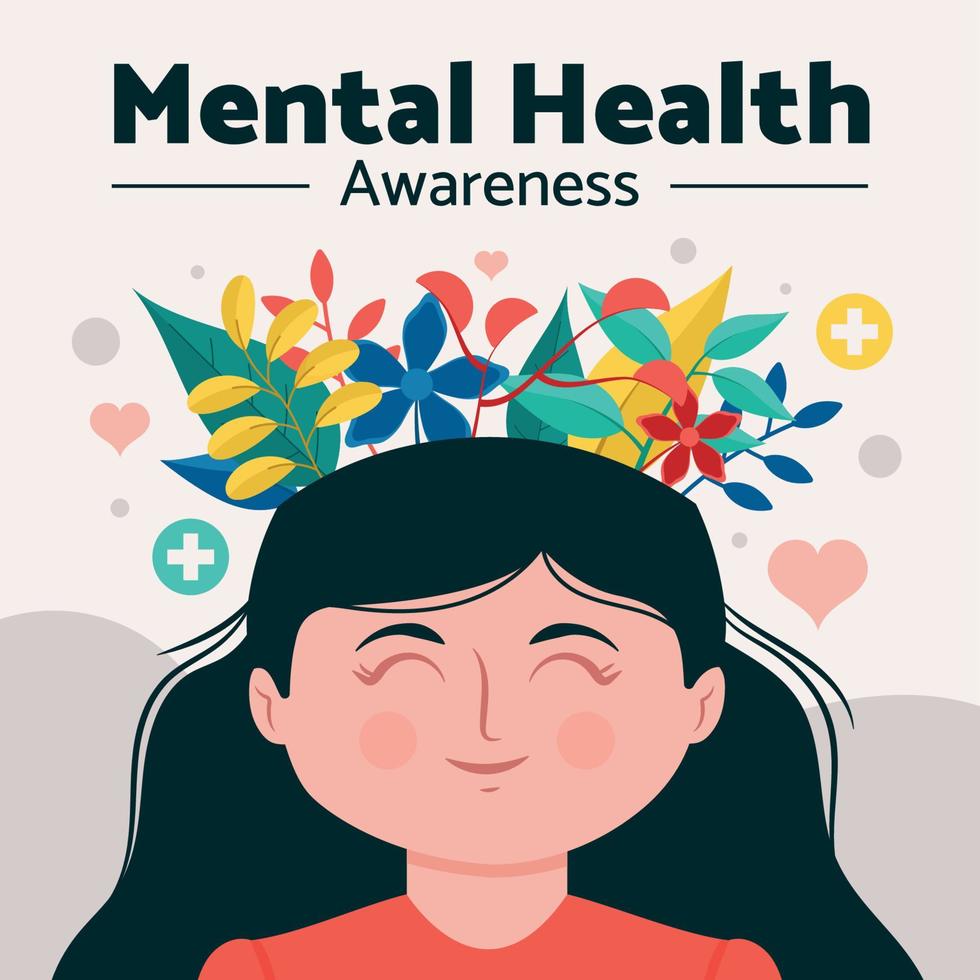Mental health is an essential part of overall well-being, yet it’s often misunderstood, especially when it comes to women. While both men and women experience mental health issues, women are statistically more likely to suffer from conditions like anxiety, depression, and post-traumatic stress disorder. Biological, social, and cultural factors intertwine to shape how women experience and respond to these challenges. In today’s world, it’s more important than ever to shed light on the mental health struggles women face—and empower them to seek help and healing.

Why Are Women More Vulnerable to Mental Health Issues?
Mental health is complex, and several factors contribute to women being more prone to certain conditions. These include:
- Hormonal fluctuations during menstruation, pregnancy, postpartum, and menopause, which can affect mood and brain chemistry.
- Social roles and expectations, including caregiving responsibilities, work-life balance, and body image pressures.
- Higher exposure to trauma, such as sexual abuse, domestic violence, or emotional neglect.
- Societal stigma that discourages open conversations about mental health in women, especially in certain cultures or communities.
These combined influences often make women more likely to internalize emotional pain, leading to conditions like depression and anxiety.
Common Mental Health Conditions Among Women
While mental illness can affect anyone, some conditions are more prevalent—or present differently—in women. Let’s look at the most common ones:
1. Depression
Depression affects approximately twice as many women as men. Symptoms can range from persistent sadness and fatigue to feelings of worthlessness or hopelessness. Triggers may include postpartum changes, hormonal shifts, chronic stress, or relationship breakdowns.
2. Anxiety Disorders
Anxiety disorders, including generalized anxiety disorder, panic disorder, and social anxiety, are also more frequent in women. Constant worry, rapid heartbeat, insomnia, and digestive issues are common signs.
3. Postpartum Depression
Postpartum depression goes beyond “baby blues.” It affects about 1 in 7 new mothers and may lead to extreme mood swings, withdrawal from family or baby, and even thoughts of self-harm or harming the baby.
4. Eating Disorders
Women, especially teenagers and young adults, are more likely to suffer from eating disorders such as anorexia, bulimia, or binge-eating. These are often linked to body image concerns and societal pressures to conform.
5. PTSD (Post-Traumatic Stress Disorder)
Although commonly associated with combat veterans, PTSD is also prevalent among women—especially survivors of sexual violence, domestic abuse, or traumatic childbirth experiences.
Recognizing the Warning Signs
Sometimes, women hesitate to seek help because they believe they should “tough it out.” But untreated mental health conditions can grow worse over time. Look out for these warning signs:
| Warning Sign | Possible Concern |
|---|---|
| Persistent sadness or lack of interest | Depression |
| Unexplained fatigue or low energy | Depression or anxiety |
| Sleep disturbances | Insomnia, stress, hormonal imbalance |
| Feelings of guilt or worthlessness | Depression |
| Uncontrollable worry or panic attacks | Anxiety disorders |
| Changes in appetite or weight | Depression or eating disorder |
Barriers to Mental Health Care for Women
Despite greater awareness today, many women still don’t get the care they need. Some of the biggest barriers include:
- Stigma: Fear of being labeled weak, dramatic, or unstable.
- Financial limitations: Therapy and medication can be expensive, and not always covered by insurance.
- Time constraints: Many women juggle multiple roles—mother, worker, caregiver—which can make it hard to prioritize self-care.
- Lack of culturally sensitive care: Women from minority communities may struggle to find providers who understand their experiences or language.
Practical Ways to Support Mental Health
While professional treatment is essential for many, small daily habits can also support mental health and emotional balance.
Healthy Practices for Emotional Well-being
- Talk to someone: Open up to a trusted friend, therapist, or support group.
- Exercise regularly: Physical activity boosts endorphins and reduces stress.
- Practice mindfulness: Meditation, journaling, or even mindful breathing can help calm the mind.
- Limit social media: Reduce exposure to unrealistic body standards or negative news.
- Eat brain-friendly foods: Include omega-3 fats, leafy greens, nuts, and whole grains.
- Set boundaries: Learn to say no when overwhelmed and protect your time.
When to Seek Professional Help
It’s okay to not be okay. If you’ve been feeling “off” for more than a few weeks, or if your mental state is interfering with your daily life, it’s time to talk to a professional. A therapist, psychologist, or psychiatrist can offer therapy, medication, or a combination of both tailored to your needs.
Don’t wait for a crisis. Early intervention can prevent problems from becoming more serious.
Conclusion
Mental health is just as important as physical health, and for many women, it’s long overdue for serious attention. From hormonal changes to societal pressures, women face unique mental health challenges—but also have incredible strength and resilience. Whether you’re coping with stress, anxiety, depression, or past trauma, remember: you’re not alone, and healing is always possible. Let’s break the silence, support one another, and create a world where mental wellness is a priority for every woman.